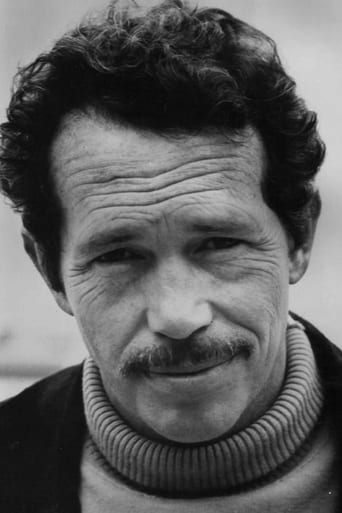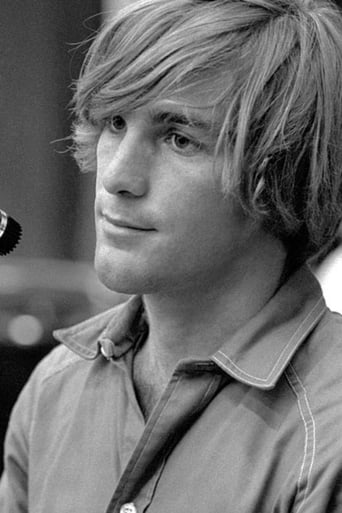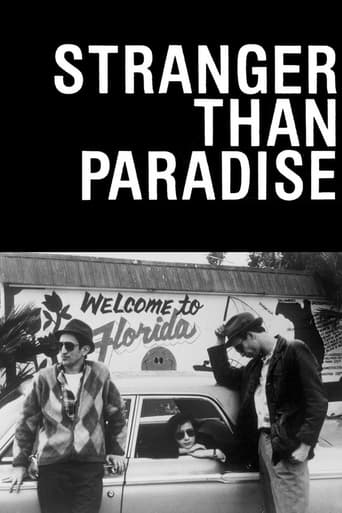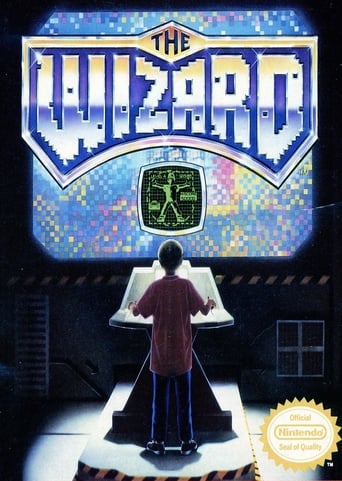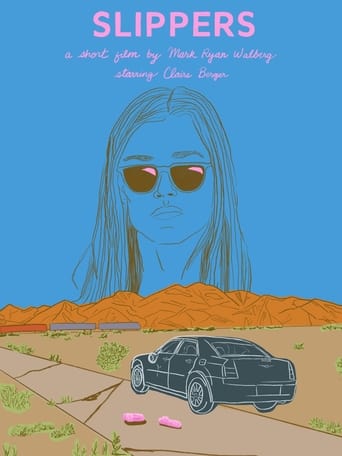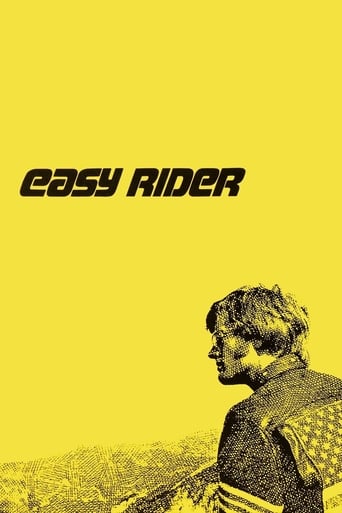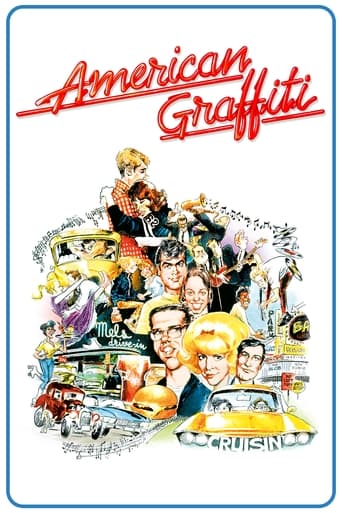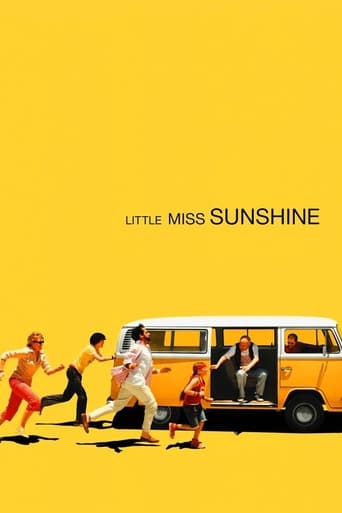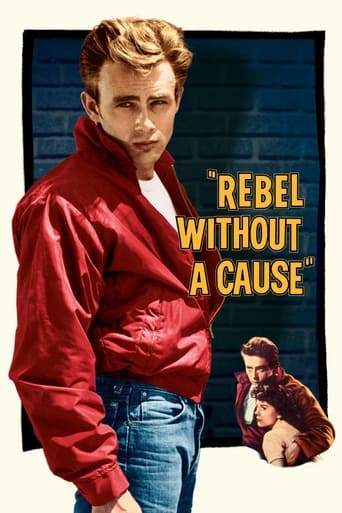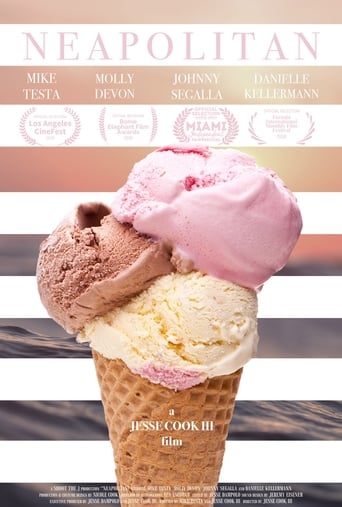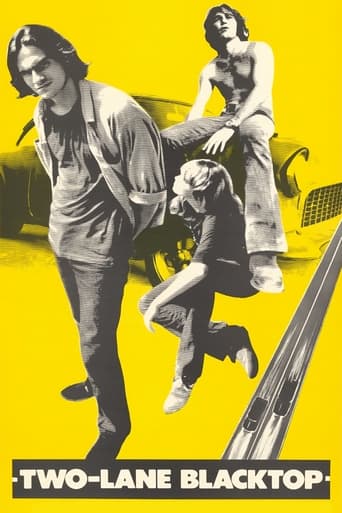
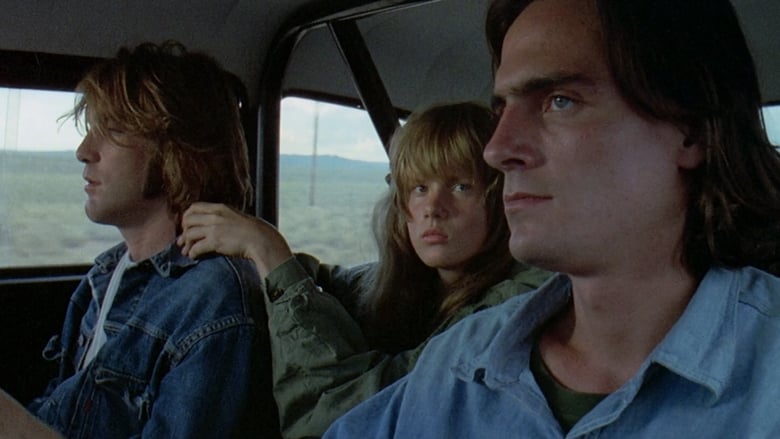
Two-Lane Blacktop (1971)
A driver and a mechanic travel around the United States hopping from drag strip to drag strip in a 1955 Chevy Bel-Air coupe. They race for money, betting with their competitors. The pair gains a young and talkative female stowaway. Along the way they unintentionally attract a well-to-do drifter driving a new Pontiac GTO. This older man, looking for attention, antagonizes their efforts.
Watch Trailer
Cast
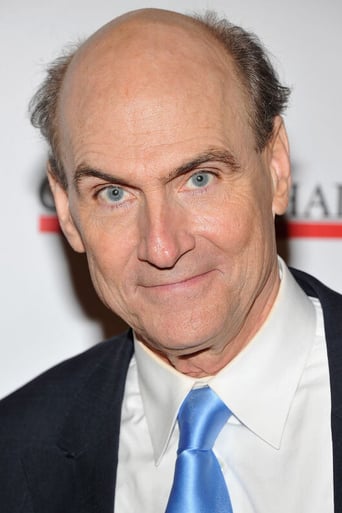


Similar titles
Reviews
I first watched this film on TBS in about 1988 after classes while in college. I remember being mesmerized and when it was listed to come on again I had a fresh VHS tape and recorded it. I watched it over and over. It is very simply- The. Best. Movie. Ever. Made.
I was going down a list of must see hot rod movies and never saw this one before. I was surprised I never saw this after seeing the cast of characters. It was a little dark and after a while I realized this is not really a hot rod movie but an actual film and that's probably why it's not on most of the motorhead lists. This film reminds me of people I knew and that could have swayed my opinion but none the less it was a great film and I'll see it again. If you like classic cars you will see lots of nice muscle cars and a scene from LA with the brotherhood street racing club.
I've engaged in several debates over my two-and-a-half star review for Easy Rider, a classic, late-sixties staple of youth culture that focused on two men cruising the streets of the United States on motorcycles and seeing what needed to be seen. It was a decent film, with grand cinematography and an unsurprisingly invigorating soundtrack, but my point of criticism was it spoke to a generation that no longer had ears to hear it. It seemed crafted and meticulously molded to cater to the hippie-culture, who would go on to appreciate it the most, and anyone outside of that circle may have had a hard time truly connecting with the picture. While I can appreciate the film for its history, aesthetics, and stylistic attributes (especially the memorable performances of Peter Fonda and Dennis Hopper), I simply couldn't embrace and enjoy it as the experience many have regarded it over the past three decades.So why the significantly higher rating for Monte Hellman's Two-Lane Blacktop, a film with much of the same aesthetics, similar themes, and a premise not too distant from Easy Rider's? I feel I found this one more entertaining and watchable because it was more of a relationship study rather than a piece dedicated to service a particular culture's standards and norms. Two-Lane Blacktop has themes that can be concatenated with Easy Rider's, but it has a more efficient way of communicating them and spending more time developing a relationship rather than catering to a specific group of people.The film is simplicity itself; two wayward young men drive on Route 66 in their modified and meticulously-perfected 1955 Chevy 150, searching for impromptu drag races. They pick up a young woman, who becomes both of their love interests, and challenge another drifter in a 1970 Pontiac GTO to a lengthy race with the prize being the pink slips to their car. The two young men are played by singer-songwriter James Taylor and Beach Boy Dennis Wilson, making this their first and only film roles, the girl is Laurie Bird, and the GTO-driver is Warren Oates.When a film gives you this little, there must be something below the surface, and dissection and examination of Two-Lane Blacktop's minimalist style proves that it has thematic resonance. The encompassing theme, above all, is a depiction of youth alienation in the late sixties and early seventies. Right around this time, films such as The Graduation and Easy Rider were being made, waking up an ignorant public that felt that teenagers lacked personality and character and were blank humans until adulthood. Two-Lane Blacktop startled people - or those who chose to see it since it was universally ignored until several years after its release - to see such a blunt yet subtle portrait of alienation in youths.Taylor and Wilson are faceless, to say the least, yet their facial expressions, blank stares, and brief dialogs are ironically telling. There isn't much to these characters other than their love for their car and their constant, almost compulsive nannying of it at every service station to make sure it runs right and is tuned to perfection. Even the girl who tags along with the boys and the GTO-driver who challenges them have no identifiable personalities. This is obviously a tactic employed by screenwriter Rudolph Wurlitzer in order to examine just how vacant and empty these characters are, but even recognizing this moral, the film becomes a bit tedious (especially in the third act when it becomes evident that the film doesn't even want to develop these characters even if it runs into the perfect opportunities).As a lover of dialog and explicit discussion in films, it's always difficult for me to watch and sink into a film that has minimal dialog. Consistent readers know I hunger for character investment, and always try to identify with characters I can sympathize with, relate to, and recognize as real people. To enter Two-Lane Blacktop with this goal and mindset and come out successful is simply impossible. Wurlitzer and director Monte Hellman do not want you to relate with these characters in any way at all. You should be simply observant of their travels and life and leave it at that.Shot with an impeccable eye for locational beauty (thanks to Hellman's steady direction and Jack Deerson's cinematography), and complete with wide-shots of Route 66 and a terrific musical score, Two-Lane Blacktop is a feast for the eyes and a thought-provoking exercise in troubled and possibly wasted youth. Because it only takes place on Route 66, it could very well be categorized as a one-setting film. If that's the case, it's one of the most minimalist and truly intriguing one-setting pictures ever made.Starring: James Taylor, Dennis Wilson, Warren Oates, and Laurie Bird. Directed by: Monte Hellman.
An almost slow motion, blow by blow account of three men in two muscle cars racing from the southwest to D.C. for pink slips.Sparse, tacit, stark and entirely denouement - a perfect depiction of America at that time in history.Brilliant depiction of early post-industrial America; its ennui and dull disillusionment: Two hugely powerful cars in a half-hearted race to an ambiguous finish line. Going nowhere fast.The action is sparse, dialog very spare, and rural pre-interstate America drifts past in dull, desolate splendor.Three of the characters almost never speak, and the fourth almost entirely tells lies.There is no resolution. No goals are accomplished. The film even abandons the race. No one changes or gains insight. It's a perfect film.Only technically a "car movie" because it takes place in cars. The characters could be walking, or on bicycles, or sitting in a bar playing cards.I'm a wicked car nut, and this had been on my list for forty years. And now that I've seen it, the fact that it isn't a rip-snortin' action thriller, but a quiet character study is all good. Actually glad I didn't see it when I was nine years-old (when it came out...) this film deserves to be viewed with insight I didn't possess until my 20s or 30s.Funny - when I heard the Doors song playing, I mused - "Probably why the film was in the can for so long. In my thoughts blamed Manzerak. But it was Morrison's estate that kept it unavailable until 2007. Figures...


